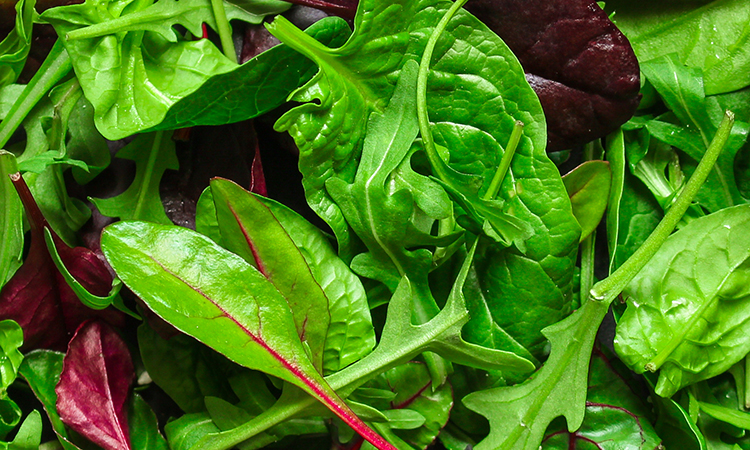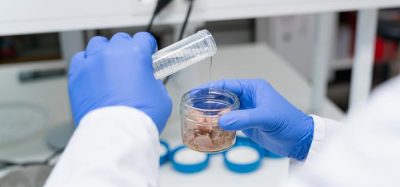Ultrasonic salad cleaning could help prevent disease outbreaks
- Like
- Digg
- Del
- Tumblr
- VKontakte
- Buffer
- Love This
- Odnoklassniki
- Meneame
- Blogger
- Amazon
- Yahoo Mail
- Gmail
- AOL
- Newsvine
- HackerNews
- Evernote
- MySpace
- Mail.ru
- Viadeo
- Line
- Comments
- Yummly
- SMS
- Viber
- Telegram
- Subscribe
- Skype
- Facebook Messenger
- Kakao
- LiveJournal
- Yammer
- Edgar
- Fintel
- Mix
- Instapaper
- Copy Link
Posted: 3 March 2021 | Joshua Minchin (New Food) | 1 comment
It’s hoped the new technology could help prevent cases of foodborne disease like the E.Coli outbreak which swept the US in 2018.


A new study has shown that gentle streams of water carrying sound and microscopic air bubbles can clean bacteria from salad leaves more effectively than current washing methods used by suppliers and consumers. As well as reducing food poisoning, researchers say the findings could reduce food waste and have implications for the growing threat of anti-microbial resistance.
Salad and leafy green vegetables may be contaminated with harmful bacteria during growing, harvesting, preparation and retail, which occasionally leads to outbreaks of food poisoning.
As there is no cooking process to reduce the microbial load in fresh salads, washing is vital by the supplier and the consumer.
Washing with soap, detergent bleach or other disinfectants is not recommended and the crevices in the leaf surface means washing with plain water may leave an infectious dose on the leaf. Even if chemicals are used, they may not penetrate the crevices.
In this new study, published in the journal Ultrasound in Medicine and Biology, scientists used acoustic water streams to clean spinach leaves directly sourced from the field crop, then compared the results with leaves rinsed in plain water at the same velocity.
“Our streams of water carry microscopic bubbles and acoustic waves down to the leaf. There the sound field sets up echoes at the surface of the leaves, and within the leaf crevices, that attract the bubbles towards the leaf and into the crevices,” explained Professor Timothy Leighton of the University of Southampton, who invented the technology and led this research.
“The sound field also causes the walls of the bubbles to ripple very quickly, turning each bubble into a microscopic ‘scrubbing’ machine. The rippling bubble wall causes strong currents to move in the water around the bubble, and sweep the microbes off the leaf. The bacteria, biofilms, and the bubbles themselves, are then rinsed off the leaf, leaving it clean and free of residues.”
The results showed that the microbial load on samples cleaned with the acoustic streams for two minutes was significantly lower six days after cleaning than on those treated without the added sound and bubbles. The acoustic cleaning also caused no further damage to the leaves and demonstrated the potential to extend food shelf life, which has important economic and sustainability implications.
Improving how food providers clean fresh produce could have a major role to play in combating the threat of anti-microbial resistance. In 2018 there was a fatal outbreak of E. coli on romaine lettuce in the US, which affected 36 states and caused five deaths. The research team behind this technology will be hoping that it can help prevent such an outbreak happening again.
Related topics
Contaminants, Equipment, Food Safety, Lab techniques, Pathogens, Research & development, Technology & Innovation







This is a brilliant use of ultrasound technology that is also used to clean tools in the beauty and dental industries among others.
If it is scalable at reasonable cost, this could be game changer!
Smaller units for on farm use, might also be possible perhaps, for the smaller producers, selling direct to consumers or at markets etc.